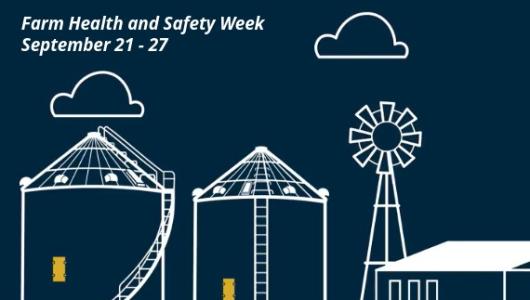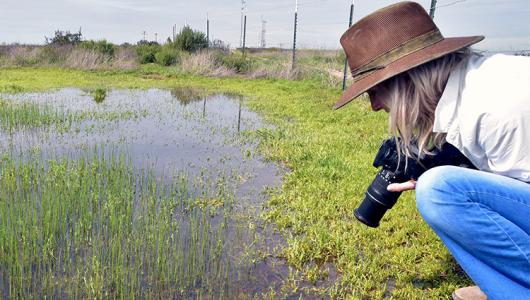This Friday meet Wil and Judi Shattuck of Belchertown, Massachusetts, where they have produced maple syrup and raised beef cattle for nearly five decades. Wil and Judi started small with used equipment and grew their sugaring operation to over 1,000 buckets hung on the trees in late winter, the sap harvested by hand and boiled down to sweet maple syrup in a quaint sugar shack.
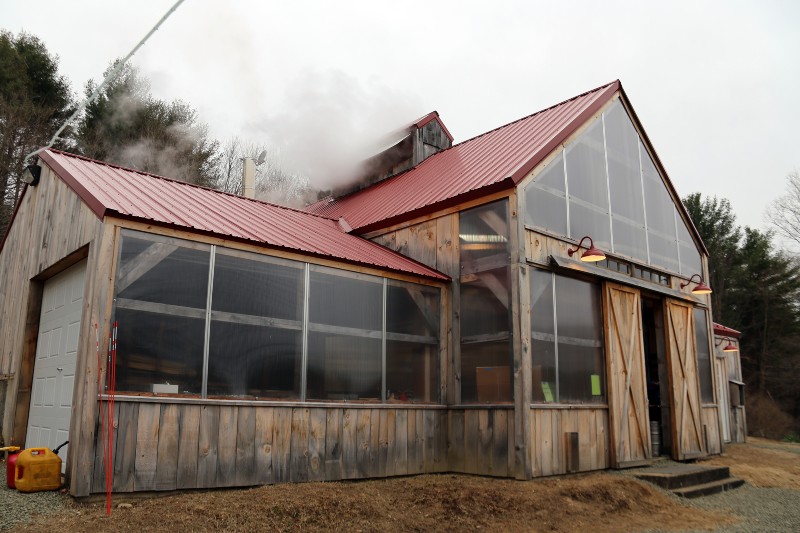
A Modern Operation
Today, the Shattuck’s Sugarhouse operation is a modern one. Judi explained that harvesting sap from the trees now involves a vacuum tubing system that delivers the sap right to the sugar shack and into a reverse osmosis system.
Reverse osmosis (RO) is a process used in water purification that has been adapted to maple syrup production. Instead of keeping the purified water, however, maple producers keep the by-product – concentrated sugar, minerals, and other solids – as concentrated maple sap that they finish boiling into maple syrup using an evaporator. The RO process is more efficient because less boiling is required.
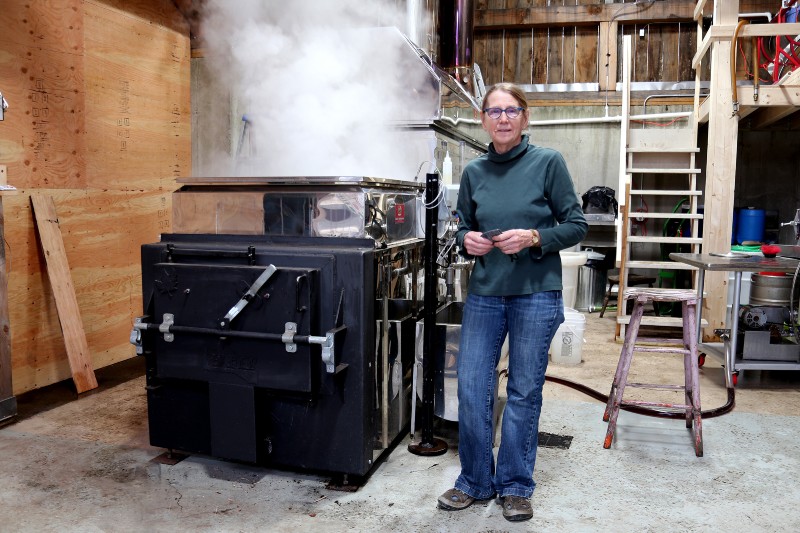
“Our dream was to expand enough for our next generation of family to have the love that we have for preserving the land and producing maple syrup,” said Judy. “I just felt it was time that we moved on to the next decade and make it more efficient and have it for our children and grandchildren.”
Wil and Judi’s son, Nate, is now involved in the business. After constructing a larger sugarhouse in 2020, the Shattucks wanted to ensure they were operating at peak energy efficiency.
USDA offers technical expertise and financial assistance to help maple producers fund their operations, conserve natural resources, and recover from natural disasters. The Shattucks reached out to USDA’s Natural Resources Conservation Service for help.
Improving Energy Efficiency
“I went to high school with Nate,” said Michelle Cozine, soil conservationist in the NRCS field office in Hadley. “We were talking one day, and I let him know that NRCS may be able to assist with their maple sugar operation.”
Michelle knew that the Shattucks had a new building, constructed with the help of grants from the Massachusetts Department of Agricultural Resources.
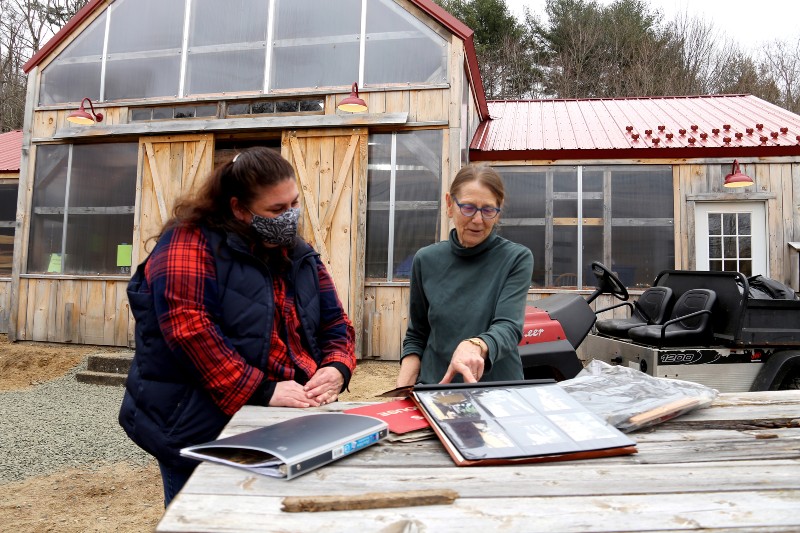
“Judi came into the service center and applied for an agricultural energy management plan, which identified components of their sugaring operation that would benefit from energy improvements,” said Michelle.
NRCS funded the development of the management plan, and later provided funding for a reverse osmosis system and a steam hood that increases the efficiency of the wood-fired evaporator through the Environmental Quality Incentives Program.
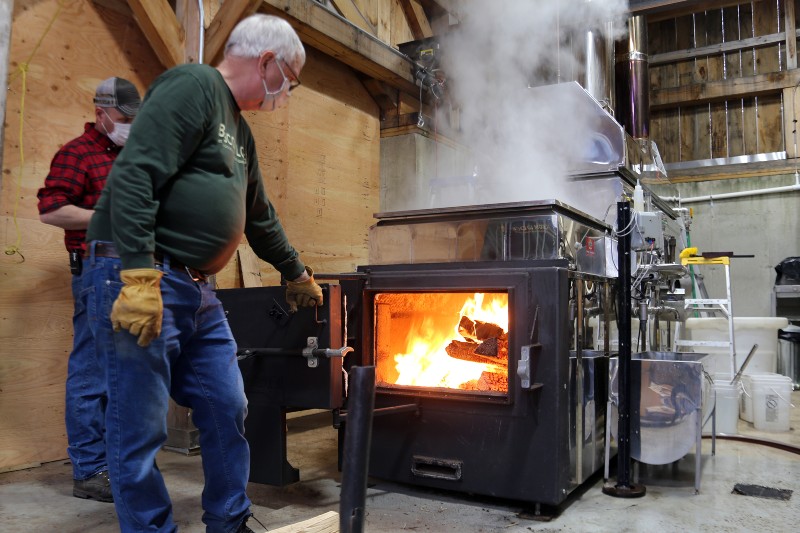
“When somebody walks through the door, we do everything we can to help them out, to save money, to save wood, to save time. I think it's important,” said Michelle, adding that the upgrades have reduced the Shattuck’s wood usage by 20 percent, lowering greenhouse gas emissions and helping maintain forest land to capture more carbon.
“NRCS provided us the opportunity to say, ‘hey we can do this,’” said Judi.
More Information
Each Friday visit local farms, ranches, forests, and resource areas through our Fridays on the Farm stories. Meet farmers, producers and landowners who are working to improve their operations with USDA programs.
USDA offers a variety of risk management, disaster assistance, loan, and conservation programs to help producers weather ups and downs in the market and recover from natural disasters as well as invest in improvements to their operations. Learn about additional programs.
For more information about USDA programs and services, contact your local USDA service center.
Diane Petit is a public affairs specialist for NRCS in Massachusetts.

